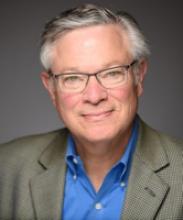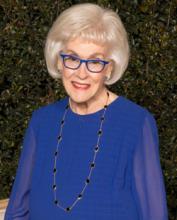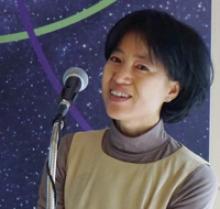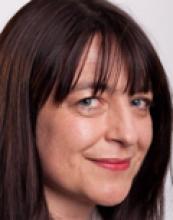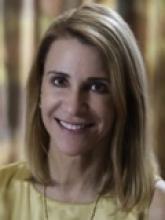Interviews
IntechOpen's new CEO Anke Beck talks about her early inspirations, and of 20 years working in academic publishing
John Sack, founding director of HighWire Press, describes some key moments during his time in the industry
Research Information interviews SAGE founder Sara Miller McCune following her London Book Fair Lifetime Achievement Award
Eun-Jung Park tells the story of her journey to becoming a highly cited researcher
Director of open science and research lifecycle at Jisc, Rachel Bruce, tells us about the current challenges facing the research sector
eLife’s head of technology Paul Shannon reflects on a career encompassing programming, music technology, and scholarly communications
Elsevier’s Jabe Wilson predicts radical changes in the ways AI will be used in scholarly communications
Annette Thomas, of Clarivate Analytics, reflects on a long and varied career in scholarly communications
Nigel Lee, CEO at Glasstree Academic Publishing, describes how he wants to transform scholarly communications
Judy Verses is executive vice president for research at John Wiley and Sons
Richard Bevan, CEO at Emerald Publishing, reflects on the company’s 50 years in scholarly communications



